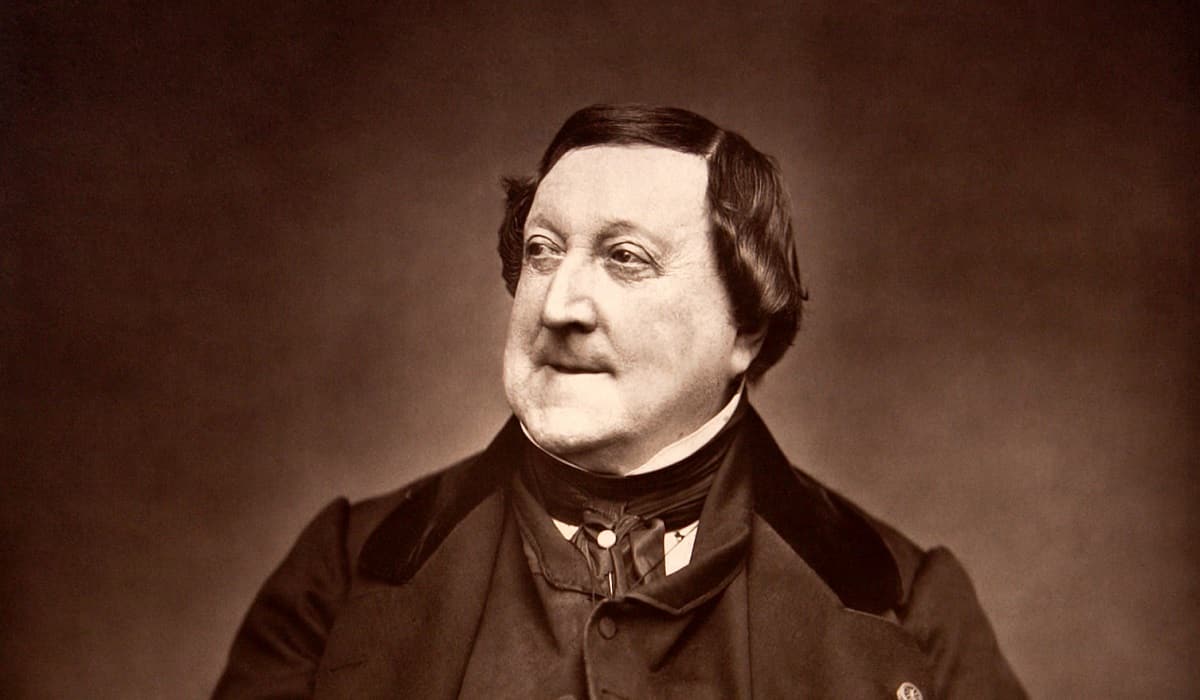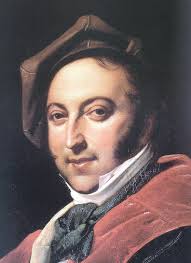Gioachino Rossini, renowned as the “Italian Mozart” and the “Swan of Pesaro,” left an indelible mark on the world of classical music through his vibrant compositions and theatrical flair. Born on February 29, 1792, in Pesaro, Italy, Rossini displayed musical talent from a young age, receiving his first music lessons from his father, a horn player and inspector of slaughterhouses.
At the age of only 12, Rossini was admitted to the Liceo Musicale in Bologna, where he honed his skills in composition and performance. His early works already showed promise, but it was his comedic operas that would later catapult him to fame.
- Early Musical Prodigy: Gioachino Rossini was born on February 29, 1792, in Pesaro, Italy. At a very young age, he displayed remarkable musical talent, playing the piano and composing by the age of 12.
- Prolific Composer: Rossini was incredibly prolific, composing a vast array of operas, chamber music, sacred music, and instrumental pieces throughout his lifetime. Despite passing away at the age of 76, he left behind an impressive legacy of over 39 operas.
- Master of Opera Buffa: Rossini’s operatic genius is perhaps best exemplified in his mastery of the opera buffa, or comedic opera. Works like “The Barber of Seville” and “La Cenerentola” are celebrated for their sparkling wit, delightful melodies, and intricate ensemble writing.
- The Barber of Seville’s Success: “The Barber of Seville” is one of Rossini’s most famous works. Interestingly, it was initially met with lukewarm reception due to its premiere’s poor production quality. However, it quickly gained popularity and became one of the most performed operas in the world.
- Rapid Composition: Rossini was renowned for his incredible speed in composing music. He famously completed “The Barber of Seville” in just under three weeks, leading to the myth that he wrote it in just 13 days.
- Famed for Overtures: Rossini’s overtures are iconic and often performed independently from their respective operas. They are known for their vivacity, catchy tunes, and dynamic orchestration. The overture to “William Tell” is particularly famous for its use in popular culture, notably as the theme music for “The Lone Ranger.”
- Rossini and Food: Rossini had a great love for food, which is reflected in his compositions. He was particularly fond of culinary delights, and dishes like Tournedos Rossini (filet mignon topped with foie gras and truffles) were named in his honor.
- Retirement from Opera: Despite his immense success in the world of opera, Rossini retired from composing operas at the age of 37. He spent the latter half of his life focusing on other musical genres, including sacred music and instrumental compositions.
- Influence on Other Composers: Rossini’s music had a profound influence on his contemporaries and future generations of composers. His innovative use of melody, rhythm, and orchestration paved the way for the Romantic era of classical music.
- Legacy: Gioachino Rossini remains one of the most beloved and influential composers in the history of classical music. His operas continue to be performed worldwide, enchanting audiences with their timeless melodies and vibrant characters.


Comments are closed